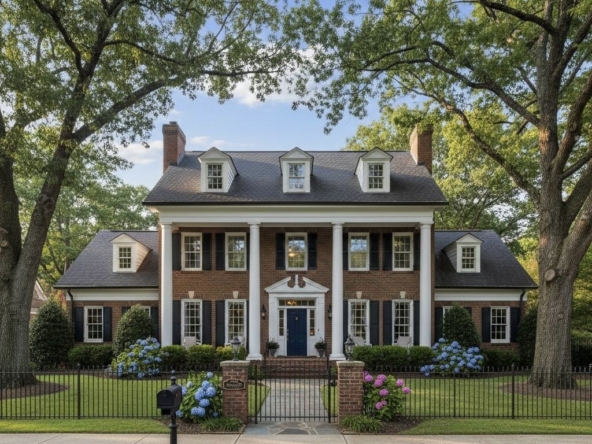As a landlord in Atlanta, one of the most important tools in protecting your investment property is a solid tenancy agreement. This legal document sets the rules, expectations, and rights for both you and your tenants, helping avoid misunderstandings and costly legal disputes.
But what makes a tenancy agreement “the best” for a landlord in Atlanta? Let’s break it down.
Understanding the Basics of a Tenancy Agreement
A tenancy agreement (also known as a lease) is a binding contract between the landlord and tenant outlining the terms of the rental arrangement. In Atlanta, and more broadly in Georgia, this agreement can be:
- Fixed-term lease (e.g., 12 months)
- Month-to-month lease
- Room or sublease agreement
Each type has its benefits, but the key is choosing the right one for your situation.
Best Type of Tenancy Agreement for Atlanta Landlords
For most landlords in Atlanta, the fixed-term lease (typically 12 months) is the best choice. Here’s why:
✅ Stability
A fixed-term lease locks in tenants for a set period, giving landlords steady income and reducing the risk of vacancy.
✅ Legal Protection
It clearly defines responsibilities, late fees, rent due dates, maintenance duties, and eviction terms — all of which are enforceable under Georgia law.
✅ Rent Control
You can fix the rent amount for the term, protecting you from mid-year negotiations or market shifts.
Key Elements of an Ideal Tenancy Agreement in Atlanta
To craft the best lease agreement, make sure your document includes:
- Names of all tenants (co-signers included)
- Exact property address
- Lease term start and end date
- Monthly rent amount and due date
- Security deposit amount and refund conditions (Georgia law requires return within 30 days)
- Late payment penalties
- Maintenance and repair responsibilities
- Pet policy
- Rules on subletting and guests
- Right of entry (Georgia requires “reasonable notice” before entry)
Atlanta-Specific Considerations
- Security Deposits: Georgia law doesn’t cap security deposits, but you must provide a move-in/move-out inspection list and return the deposit within 30 days.
- Eviction Process: Atlanta landlords must follow strict notice procedures. A strong lease should outline grounds for termination and non-compliance.
- Utilities: Clearly state which utilities are covered by the landlord and which are the tenant’s responsibility.
Should You Use a Lawyer or Template?
While online templates can save time, they often lack customization. For Atlanta landlords, having a locally tailored lease agreement drafted or reviewed by a real estate attorney or property management company is highly recommended.
The best tenancy agreement for a landlord in Atlanta is clear, legally sound, and tailored to your property’s needs. A strong lease minimizes risk, clarifies tenant responsibilities, and gives you peace of mind.
If you’re unsure where to start or want to ensure your lease meets Georgia laws, consider working with a professional property management firm in Atlanta to draft or review your agreement.




